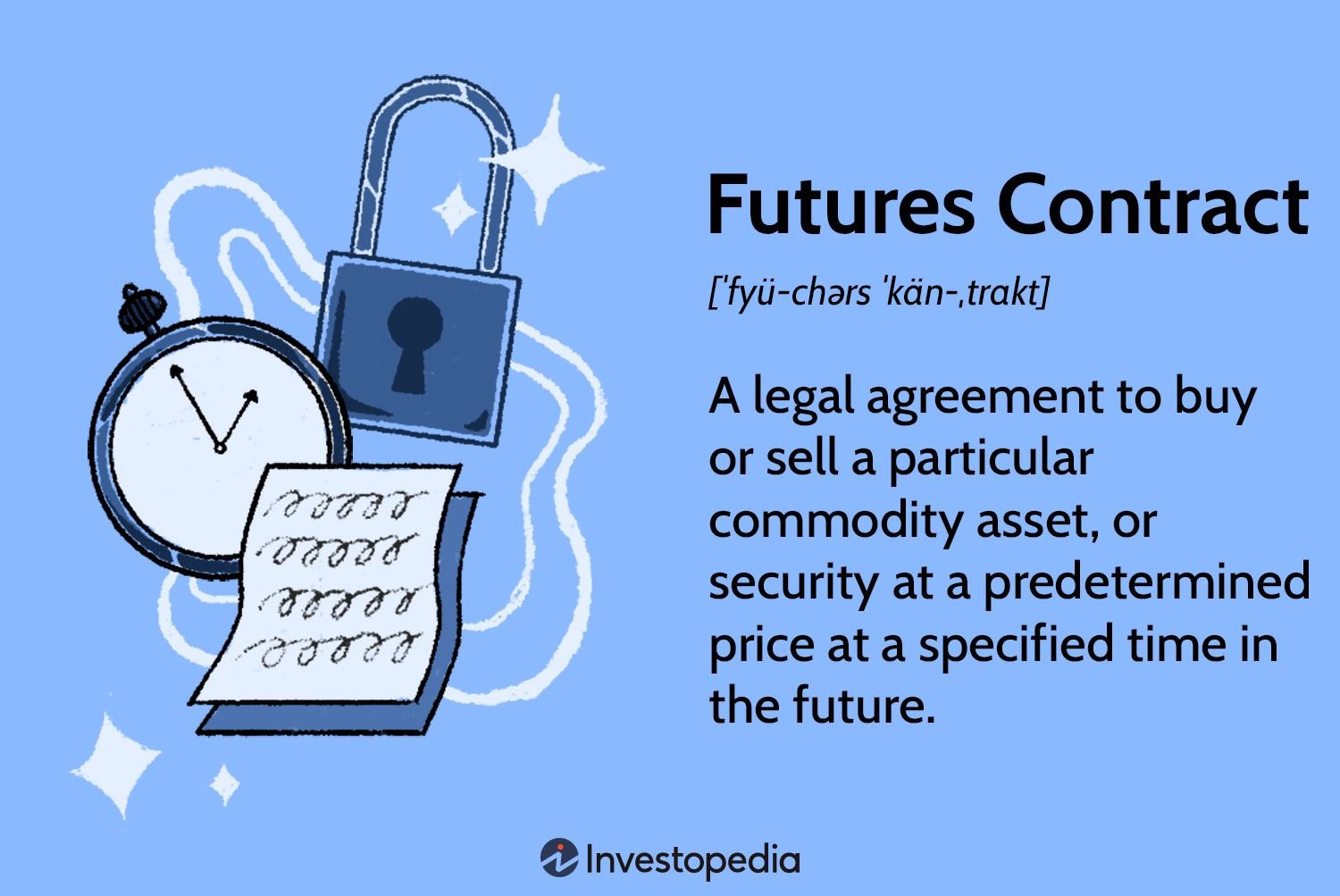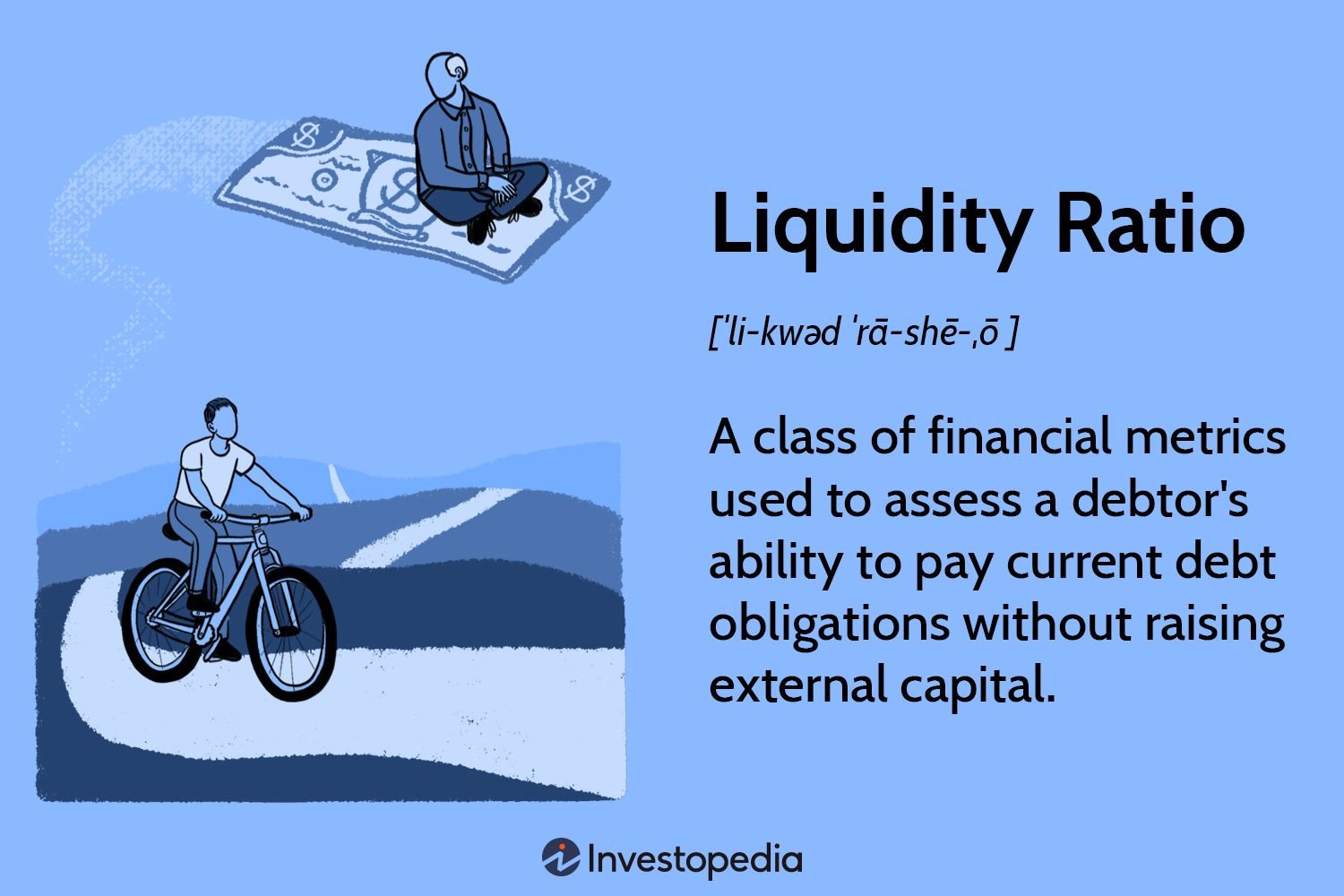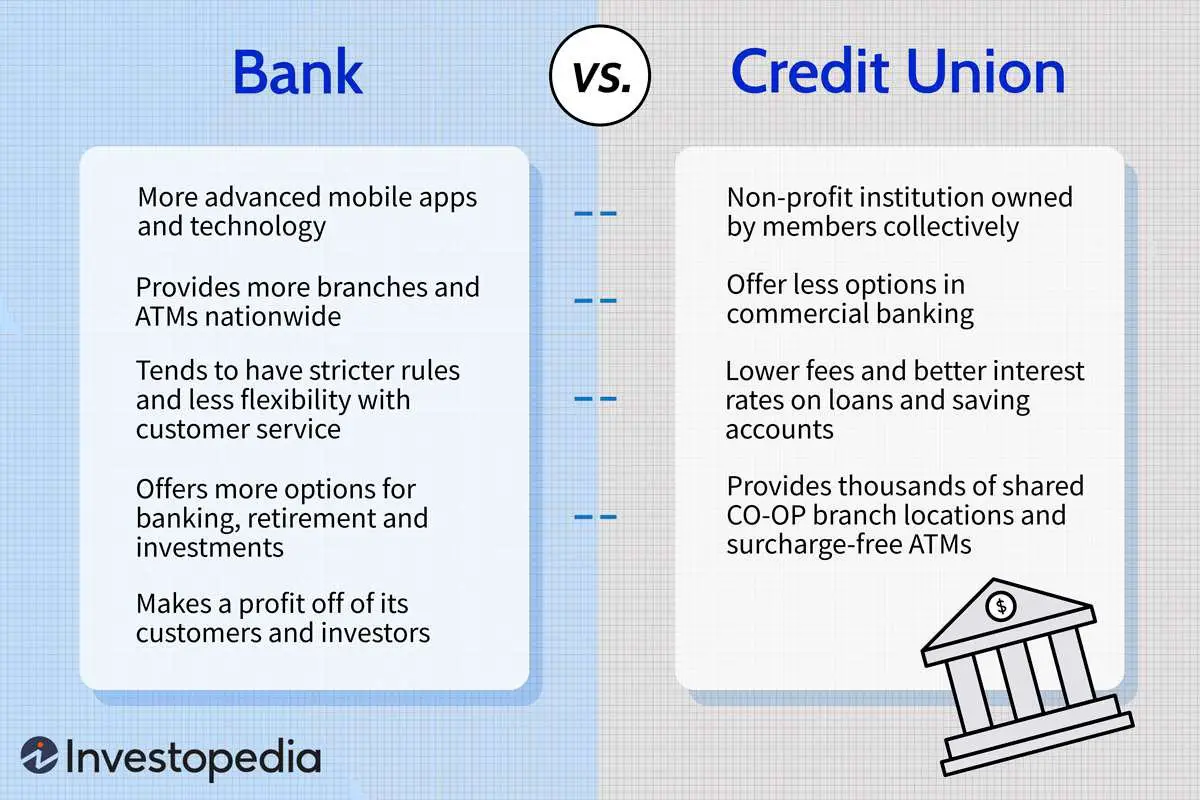Curious about futures contracts and how to trade them? You’ve come to the right place! In this blog article, we’ll explore the ins and outs of futures contracts and provide you with valuable insights on how to effectively trade them. Whether you’re an experienced investor or new to the world of trading, understanding futures contracts can open up new possibilities for your financial journey. So, let’s dive in and uncover the fascinating world of futures contracts and how to navigate their intricacies. Excited? Let’s get started!
What are Futures Contracts and How to Trade Them
Futures contracts play a vital role in the world of finance and investing. They allow individuals and organizations to speculate on the future price movements of various assets, including commodities, currencies, and financial instruments. Trading futures contracts can be an exciting and potentially lucrative endeavor, but it’s essential to understand the fundamentals before diving in. In this article, we will explore what futures contracts are, how they work, and the steps involved in trading them.
Understanding Futures Contracts
A futures contract is a legally binding agreement between two parties to buy or sell a specific asset at a predetermined price and date in the future. These contracts are standardized in terms of quality, quantity, and delivery location, making them highly regulated and transparent. The primary purpose of futures contracts is to provide a mechanism for hedging against price fluctuations or speculating on future price movements.
Features of Futures Contracts
To grasp the concept of futures contracts fully, it’s essential to understand their key features:
1. Standardization: Futures contracts have fixed contract sizes, expiration dates, and delivery specifications, which are predetermined by the exchange on which they trade. This standardization ensures fairness, liquidity, and ease of trading.
2. Margin Requirements: When trading futures contracts, participants are only required to deposit a fraction of the contract value as margin. The margin acts as collateral, covering potential losses. This allows traders to control larger positions with a relatively small initial investment.
3. Leverage: Due to the margin requirements, futures contracts offer substantial leverage. Traders can gain exposure to the underlying asset’s value without having to pay the full price upfront. However, it’s important to note that leverage amplifies both profits and losses.
4. Market Liquidity: Futures markets are highly liquid, meaning there are typically enough buyers and sellers to facilitate transactions without significant price disruptions. This liquidity allows traders to enter and exit positions easily, minimizing the risk of being unable to find a counterparty.
5. Price Transparency: Futures exchanges provide real-time price information, enabling traders to monitor market movements and make informed decisions based on accurate and timely data.
How to Trade Futures Contracts
Now that we have a better understanding of futures contracts, let’s dive into the process of trading them. Follow these steps to get started:
1. Educate Yourself
Before engaging in futures trading, it’s crucial to acquire a solid understanding of the market and the specific contracts you wish to trade. Familiarize yourself with the terminology, contract specifications, and trading strategies commonly used in the futures market. There are numerous educational resources available, including books, online courses, and tutorials, to help you gain the necessary knowledge.
2. Choose a Futures Broker
To trade futures contracts, you’ll need to open an account with a futures broker. Selecting a reliable and reputable broker is essential to ensure a smooth trading experience. Consider factors such as commission fees, customer service, trading platform features, and available research tools when choosing a broker. It’s advisable to compare multiple options before making a final decision.
3. Complete the Account Application
Once you’ve chosen a futures broker, you’ll need to complete an account application. This process typically involves providing personal information, verifying your identity, and specifying your trading objectives and experience. Some brokers may also require you to meet certain financial criteria or provide additional documentation.
4. Fund Your Account
After your account application is approved, you’ll need to fund your trading account. Most brokers offer various funding methods, such as bank transfers, credit cards, or electronic payment systems. Ensure that you understand the minimum deposit requirements and any associated fees before initiating a transfer.
5. Create a Trading Plan
Before entering any trades, it’s crucial to develop a trading plan. Define your trading goals, risk tolerance, and preferred trading strategies. Additionally, establish clear rules for entry and exit points, position sizing, and risk management. Adhering to a well-defined trading plan can help you maintain discipline and make rational decisions in the face of market volatility.
6. Select the Right Futures Contracts
The futures market offers a wide range of contracts covering various asset classes, including commodities, currencies, stock indexes, and interest rates. Choose the contracts that align with your trading goals and strategies. Consider factors such as volatility, liquidity, and margin requirements when selecting contracts to trade.
7. Monitor Market Conditions
Keeping a close eye on market conditions is crucial for successful futures trading. Stay informed about economic indicators, news events, and other factors that can impact the prices of the contracts you’re trading. Utilize technical analysis tools and charting techniques to identify potential entry and exit points based on price patterns and trends.
8. Place and Monitor Trades
Once you’ve identified a trading opportunity, it’s time to place your trade. Most futures trading platforms allow you to enter orders directly on the platform. Specify the contract, order type (e.g., market order or limit order), quantity, and any additional parameters required. After your trade is executed, monitor its progress and be prepared to make adjustments or exit the position if market conditions change.
9. Practice Risk Management
Managing risk is a vital aspect of futures trading. Set stop-loss orders to limit potential losses and consider implementing profit targets to secure profits. Avoid risking a significant portion of your trading capital on a single trade, and diversify your trading portfolio to spread risk. Regularly review and adjust your risk management strategies as needed.
By following these steps and continuously learning and adapting, you can start trading futures contracts with confidence. Remember, trading futures involves inherent risks, and it’s advisable to start with a demo account or trade with smaller positions until you gain experience and become comfortable with the dynamics of the market.
In conclusion, futures contracts provide a platform for individuals and organizations to speculate on future price movements and manage risk. Understanding the features of futures contracts and following a systematic approach to trading can increase your chances of success. The key is to educate yourself, choose a reliable broker, develop a trading plan, and continuously monitor market conditions. With practice and discipline, you can navigate the exciting world of futures trading and potentially achieve your financial goals.
How To Trade Futures Contracts [Full & Live Explanation] | Trading Tutorials
Frequently Asked Questions
Frequently Asked Questions (FAQs)
What are futures contracts?
A futures contract is a legally binding agreement to buy or sell an underlying asset at a predetermined price on a specified future date. It is commonly used in commodities, currencies, and financial instruments trading.
How do I trade futures contracts?
To trade futures contracts, you need to open an account with a brokerage firm that offers futures trading. Once your account is set up, you can place buy or sell orders for the desired futures contracts using the broker’s trading platform.
What is the purpose of trading futures contracts?
The primary purpose of trading futures contracts is to hedge against price volatility. It allows traders to reduce the risk associated with price fluctuations in various markets, including commodities, currencies, and interest rates.
What are the advantages of trading futures contracts?
Some advantages of trading futures contracts include high liquidity, leverage, price transparency, and the ability to profit from both rising and falling markets. Futures contracts also offer a wide range of diversification opportunities.
What is the margin requirement for trading futures contracts?
The margin requirement for trading futures contracts varies depending on the specific contract and the brokerage firm. It represents the amount of funds a trader must deposit to open and maintain a futures position. Higher volatility may require higher margin amounts.
How can I manage the risk associated with futures trading?
To manage risk in futures trading, it is crucial to use risk management tools such as stop-loss orders and limit orders. These orders help minimize potential losses and protect profits by automatically executing trades when specific price levels are reached.
Are futures contracts suitable for beginner traders?
Futures trading can be complex and involves substantial risks. It is generally recommended for experienced traders who have a good understanding of the market and risk management strategies. Beginners should consider gaining knowledge and experience before diving into futures trading.
What factors should I consider before trading futures contracts?
Before trading futures contracts, it is important to consider factors such as market trends, supply and demand dynamics, economic indicators, geopolitical events, and the potential impact of news. Conducting thorough research and analysis is crucial for making informed trading decisions.
Final Thoughts
Futures contracts are financial agreements that allow traders to buy or sell assets at a predetermined price on a future date. To trade futures contracts, one must open a brokerage account and select a suitable futures market. After conducting thorough research and analysis, traders can enter into long or short positions based on their price predictions. Trading futures contracts involves managing risks, setting stop-loss orders, and monitoring market fluctuations. It is essential to have a solid understanding of the underlying assets and market dynamics in order to make informed trading decisions. By mastering the art of trading futures contracts, investors can potentially enhance their investment strategies and capitalize on market opportunities.



